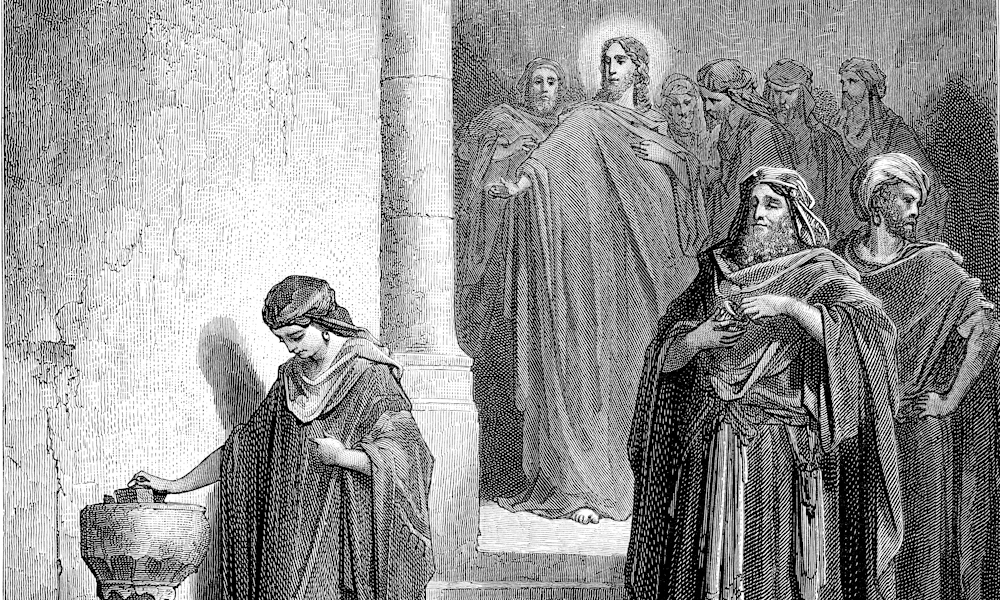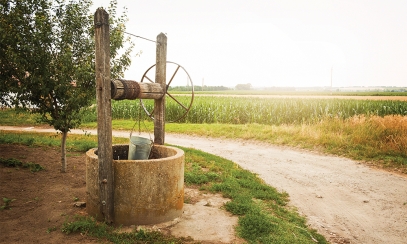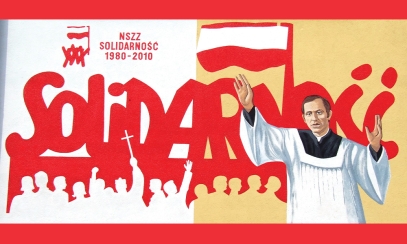
Option for the poor and vulnerable
A series on the social doctrine of the Church
A series on the social doctrine of the Church
The fourth of our seven themes of Catholic social teaching regards an option for the poor and vulnerable. A dear friend of mine who is a consecrated religious grew up in rather desperate conditions of poverty and need. Once, in a conversation with a fellow religious, I heard him say: “You don’t understand poverty — poverty is having no options at all.” When I heard that, my heart stopped for a second as I was struck by the power of those words, drawn from his own lived experience — “having no options at all.”
The fourth of our seven themes of Catholic social teaching regards an option for the poor and vulnerable. A dear friend of mine who is a consecrated religious grew up in rather desperate conditions of poverty and need. Once, in a conversation with a fellow religious, I heard him say: “You don’t understand poverty — poverty is having no options at all.” When I heard that, my heart stopped for a second as I was struck by the power of those words, drawn from his own lived experience — “having no options at all.”
This is the condition of poverty that millions and millions of our fellow human persons experience on a daily basis — having no options at all in life, forced into situations that degrade, disgrace, and control the human person. What creates these conditions is the desire of a few to take all options to themselves, creating exclusive enclaves that prevent any encounter with those who have been forced out into conditions of poverty. We see this clearly in the Gospels as the Roman tax collectors force the people of Israel and Judea into poverty through extortion and taxation. This is why they were so hated and reviled.
Jesus comes in the midst of this situation and He changes everything by His preferential option for the poor. He reaches into the lives of those degraded by poverty and want, and He raises them up by giving them the choice of love and mercy, wherein we find the greatest riches of all. We hear that famous phrase: “It is easier for a camel to go through the eye of a needle than for a rich man to enter the Kingdom of Heaven.” (Mt 19:23-24) We remember that Jesus speaks these words in context to a rich young man who wanted to follow God, but simply could not bring himself to relinquish control of all his options — in order to choose the best option, Jesus, the son of the Living God.
In the encounter with poverty, our Church calls us to understand profoundly that money and possessions have no connection at all to the relationship of the disciple to his/her Lord. Jesus does not grant wealth or prosperity to those who are more worthy, He rather grants dignity and grace to those who have realized that attachments to wealth are barriers to experiencing the fullness of His love. We see Jesus point out the profound relationship of the widow to her God in Mk 12:41-44. Jesus points her out because attachment is not a burden to her, so rather than all those who were dumping coins in the treasury, Jesus prefers her example — a believer liberated from her poverty by the option for Christ and graced by the essential dignity given by God to those who believe in Him.
Father John G. McDonald is currently pastor of Sacred Heart of Jesus Catholic Church in Anniston. He was principal and then president of John Carroll Catholic High School from 2008 to 2016, and he served as the Carl J. Peter Chair of Homiletics at the Pontifical North American College in Rome from 2016 to 2019.



